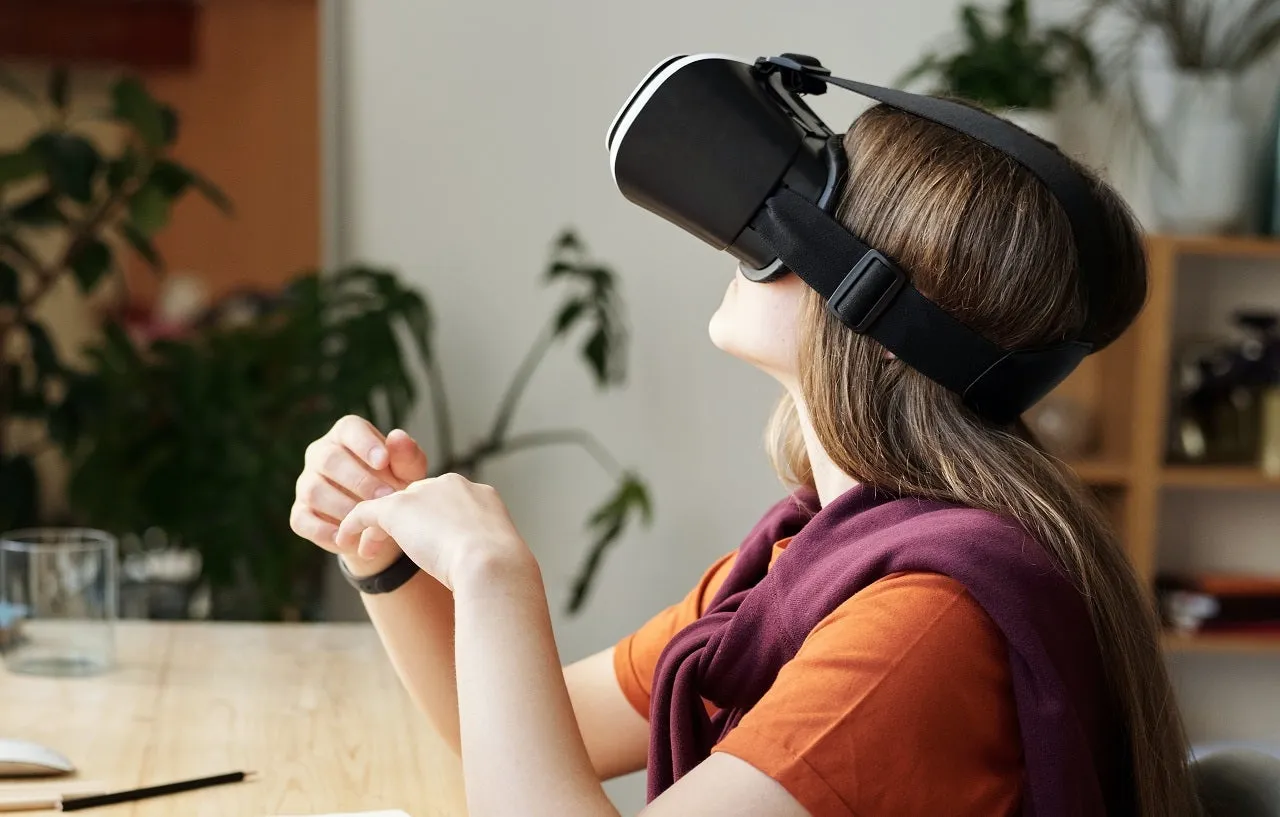The field of mental health treatment has been transformed by the integration of modern technology. One of the most groundbreaking advancements in this space is the use of mental health Electronic Health Records (EHR). These systems are reshaping how health data is stored, accessed, and utilized, while significantly improving the quality and efficiency of mental health care. In this blog post, we delve into the ways mental health EHR systems are driving innovation and redefining the future of mental health treatment.
Introduction to Mental Health EHR
Mental health EHR systems are advanced electronic platforms specifically designed to handle the unique demands of mental health care. Unlike standard EHR systems, these solutions are tailored for mental health professionals, offering specialized tools for recording detailed notes, creating personalized treatment plans, and managing patient histories. By addressing the distinct needs of this field, mental health EHR systems ensure more effective and organized care for both providers and patients.
Enhancing Diagnostic Accuracy
Mental health EHR systems offer a significant advantage by improving diagnostic accuracy. These systems grant clinicians comprehensive access to a patient’s history, treatment progress, and subtle patterns that might go unnoticed in traditional face-to-face consultations. Equipped with these enhanced diagnostic tools, mental health professionals can make more informed decisions, resulting in more precise diagnoses and personalized treatment plans.
Streamlining Administrative Processes
Mental health EHR systems play a vital role in simplifying administrative processes like scheduling, billing, and regulatory compliance. By reducing paperwork and streamlining these tasks, they enable mental health professionals to dedicate more time and energy to patient care. Additionally, these systems enhance billing efficiency and ensure greater accuracy in insurance claim submissions, benefiting both practitioners and patients alike.
Improving Patient Engagement
Mental health EHR systems often include patient portals that offer secure access to health information, streamlined appointment scheduling, and direct communication tools. These features empower patients to take an active role in their care, fostering greater engagement and satisfaction. When patients are actively involved in their treatment plans, they are more likely to follow through with recommendations and actively participate in their recovery, ultimately improving health outcomes.
Facilitating Collaborative Care
Effective mental health treatment often relies on collaboration among a team of specialists. Mental health EHR systems play a vital role in supporting this coordinated care by securely sharing patient data across providers. This seamless accessibility ensures that every team member remains aligned on the patient’s treatment plan, fostering more effective and cohesive multidisciplinary care.
Supporting Telehealth Services
The rise of telehealth has transformed healthcare, revolutionizing how care is delivered—especially in the realm of mental health. At the heart of this change are mental health EHR systems, which have become essential tools in streamlining and enhancing care. These systems integrate features like video conferencing, secure messaging, and digital appointment scheduling, making mental health services more accessible and user-friendly than ever. This is particularly crucial for individuals in remote or underserved areas, where access to mental health care is often limited. By bridging gaps in availability and improving continuity of care, these systems provide real-time updates, centralized patient records, and seamless communication between providers and patients, ensuring more efficient and effective support.
Conclusion
The adoption of mental health EHR systems is revolutionizing the way mental health care is delivered. These platforms streamline care delivery, improve accuracy, and foster stronger patient engagement while enabling collaborative and remote treatment options. With technology advancing rapidly, the future holds immense potential for further innovation in mental health care, offering the promise of even better outcomes and more efficient care for patients.
